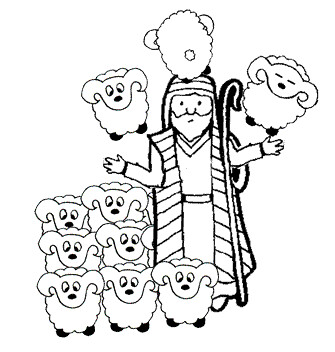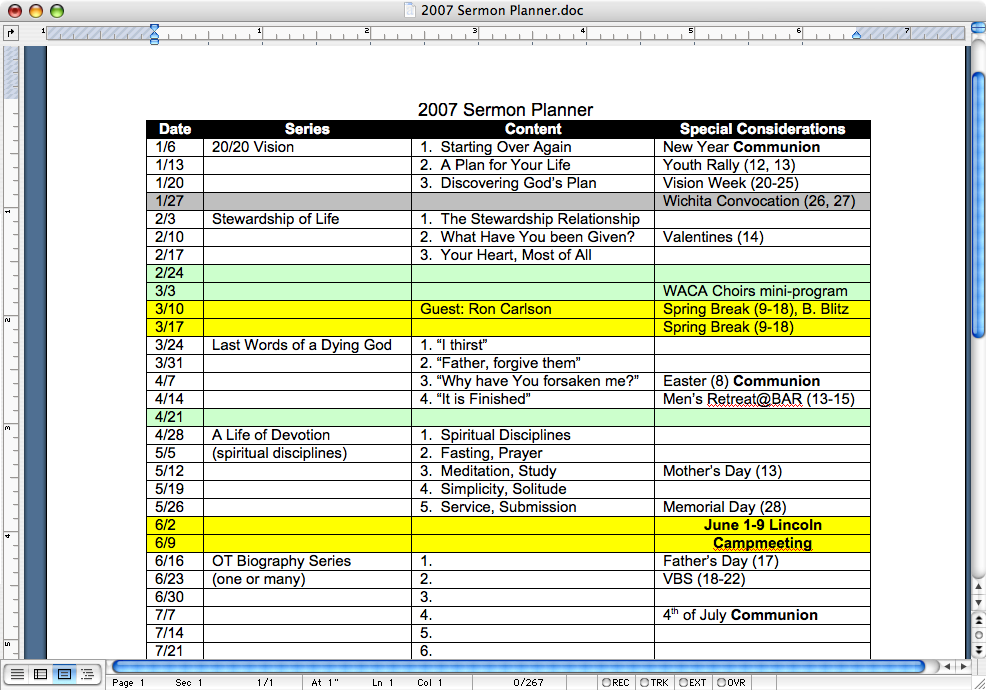
The Juggling Sheep logo is meant to convey the pastor's harried, and often unrealistic, schedule. There are many people with many different expectations. There are lot of things to balance. A lot of things to juggle - meetings, sermons, strategic planning, administration, training, evangelism, family, prayer, study, visitation, sudoku... Who has time for everything??!
This blog is about time management and personal productivity for pastors. In it, I'll be sharing what works (and
doesn't) for me. And I hope I can learn a thing or two from you as well.
We'll keep coming back to balance and priorities quite a bit, I suppose.
Oh, BTW, the sheep for the logo come from the pencil of
Lorna Robinson. I've never met her, but she has graciously allowed me to borrow some of her friendly flock for this blog. Thanks, Lorna.
Labels: Balance, Personal Life, Priorities, Purpose, Time Management



